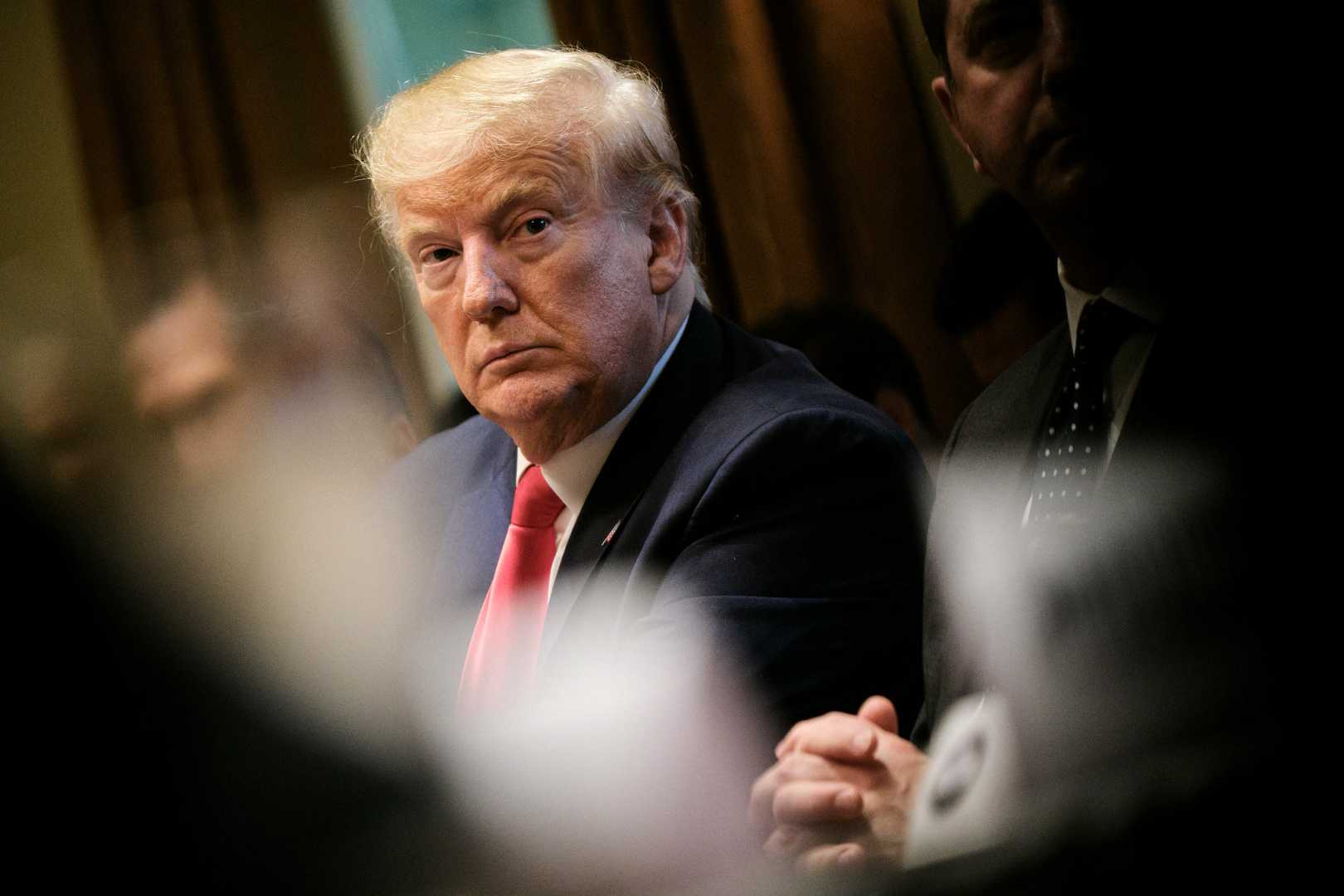Politics
Trump’s Administration Faces Impeachment Threat Amid Legal Challenges

WASHINGTON, D.C. — Less than a month into his return to the Oval Office, President Donald Trump is confronting a series of court challenges and legal obstacles following his aggressive wave of executive orders and sweeping policy changes. Critics express concerns that this could lead to a constitutional crisis where Trump might ignore judicial rulings, as suggested by legal experts.
The White House, through press secretary Karoline Leavitt, has responded defiantly, asserting that judges opposing the administration’s actions are “acting as judicial activists rather than honest arbiters of the law.” The administration contends that the real crisis lies within the judicial branch itself.
Multiple federal judges have temporarily blocked several of Trump’s executive orders, including initiatives related to immigration, federal spending, and the management of the United States Agency for International Development (USAID). Critics, including attorney George Conway, have characterized Trump’s dismissive approach to court orders as a potential violation of legal and constitutional norms.
On a recent episode of the podcast *On With Kara Swisher*, Conway criticized the administration’s behavior, labeling it as a sign of systemic dysfunction. He stated, “This is an administration that insists on violating laws,” and further claimed that Trump’s refusal to comply with court decisions threatens the foundation of civil governance.
Trump has publicly stated his intention to abide by court rulings but has also repeated his history of deriding unfavorable legal decisions. In the wake of adverse rulings, Trump and his allies have increasingly questioned the judiciary’s authority, with figures like Rep. Jim Jordan and tech entrepreneur Elon Musk calling for a wave of judicial impeachments.
Commentary surrounding the judiciary’s role in government has intensified, especially after a federal judge, U.S. District Judge John McConnell Jr., indicated that the Trump administration was failing to comply with his temporary injunctions regarding funding. This led to Representative Andrew Clyne stating his intention to draft articles of impeachment against McConnell, branding him a “partisan activist.”
McConnell’s original ruling, which sided with 23 Democratic state attorneys general who challenged the legality of Trump’s funding freezes, was also pivotal in framing the current legal discourse. In response, the administration insists it will appeal the ruling while also complying in the interim.
Experts warn that impeachment efforts against federal judges over policy disagreements could set a dangerous precedent, undermining judicial independence. Legal scholars argue that such actions could provoke an erosion of the rule of law, with some suggesting that Trump’s strategy may effectively nullify the judicial branch’s power.
The discourse around these judicial challenges has placed a spotlight on the potential ramifications for American democracy. Quinta Jurecic, a fellow at the Brookings Institution, expressed concerns about the implications if Trump were to reject court orders outright, stating, “At that point, the Constitution falls apart.”
With executive orders spanning various contentious issues, including immigration and healthcare, the administration faces an uncertain legal future. Trump’s earlier comments regarding judicial authority remain a focal point as his administration navigates these turbulent waters. As political tensions rise, the outcomes of these challenges may have lasting implications on the relationship between the branches of government.












